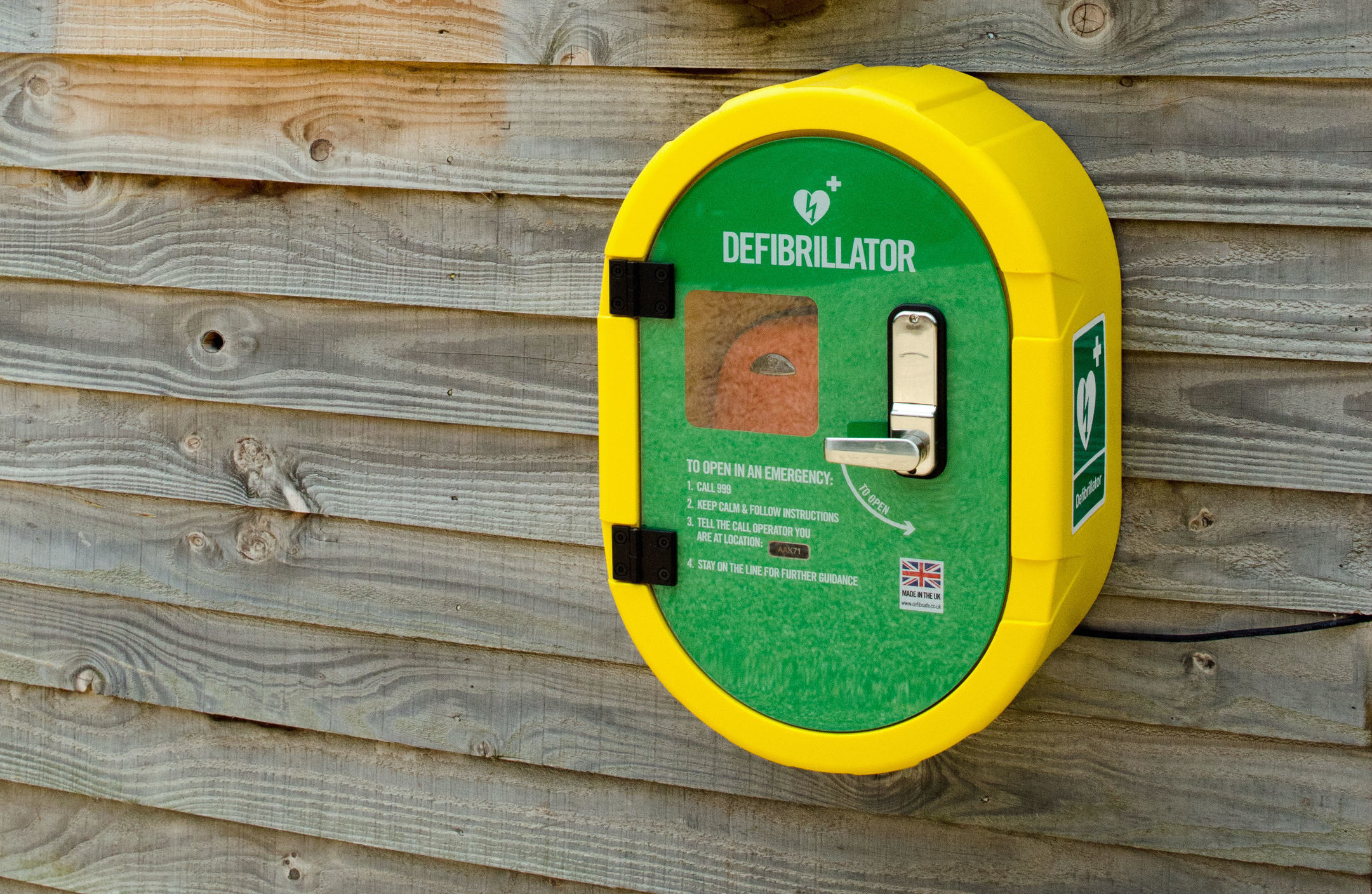
Women who suffer cardiac arrest outside of hospital are less likely to be resuscitated by a bystander and more likely to die than men, new research suggests.
A study, published in the European Heart Journal, found inequalities in the treatment of women and in their survival rates at every stage of care.
People may not spot the early signs of cardiac arrest as quickly in women, the researchers suggest, which could be leading to delays in calling emergency services and getting appropriate help.
The researchers, led by Dr Hanno Tan at the University of Amsterdam, analysed data from all resuscitation attempts made by emergency services in one part of The Netherlands between 2006 and 2012.
During this period, there were 5,717 out-of-hospital cardiac arrests, which occur when the heart goes into an irregular rhythm and then stops beating. Heart attacks are one of the most common causes.
Around 68% of women who experienced cardiac arrest outside of hospital received a resuscitation attempt from a bystander, compared to 73% of men, the study found.
Meanwhile, around 12.5% of women who were resuscitated survived to be discharged from hospital, compared to 20% of men.
The researchers said this is partly explained by lower rates of shockable initial rhythm among women suffering cardiac arrest when they were reached by emergency services.
This very fast type of beat means the heart can no longer effectively pump blood around the body and death can occur very quickly unless the heart is shocked back into action using a defibrillator or chest compression.
Only a third of women had a shockable initial rhythm when they were assessed, compared to more than half (52%) of men, the study found.
Dr Tan said: “Given the short window available to save the life of the patient, every minute in this early phase counts.
“Help, if only a call to the emergency number by a lay person, is crucial.”
He added: “People may be less aware that cardiac arrest can occur as often in women as in men, and the women themselves may not recognise the urgency of their symptoms.
“Women may have symptoms of an impending heart attack that are less easy to interpret, such as fatigue, fainting, vomiting and neck or jaw pain, whereas men are more likely to report typical complaints such as chest pain.”
Sara Askew, head of survival at the British Heart Foundation, said: “This new insight is particularly worrying, given that we already know that women who have suffered a heart attack are less likely to receive the appropriate treatment.
“Now, it appears the case is the same for women who have cardiac arrests.
“Regardless of gender, the overall survival rate for an out-of-hospital cardiac arrest is shockingly less than one in ten.
“Every minute that passes without CPR and defibrillation reduces the chance of survival by up to 10%, which is why knowing how to perform CPR is essential and doing something is always better than doing nothing.”

Enjoy the convenience of having The Sunday Post delivered as a digital ePaper straight to your smartphone, tablet or computer.
Subscribe for only £5.49 a month and enjoy all the benefits of the printed paper as a digital replica.
Subscribe